- President Donald Trump’s appointment of Stephen Miran as Federal Reserve governor represents more than the addition of a dovish voice at the central bank. It could signal an intention to amend the Federal Reserve Act and diminish policymakers’ independence, according to analysts at JPMorgan, which said the Fed may respond by sounding more dovish too.
The Federal Reserve could be getting more than another dovish vote with the appointment of Stephen Miran as governor.
It could signal an intention to amend the Federal Reserve Act and diminish policymakers’ independence, according to analysts at JPMorgan.
On Thursday, President Donald Trump named Miran, the chair of the White House’s Council of Economic Advisers, to fill a vacancy left by Adriana Kugler, who stepped down before her term was due to expire in January.
While he is known for a proposal authored before joining the administration that’s been dubbed the “Mar-a-Lago Accord” to address the U.S. trade deficit, another paper he cowrote in 2024 calling for the overhaul of the Federal Reserve is gaining more attention now.
In a note on Friday, JPMorgan analysts led by chief economist Bruce Kasman highlighted key proposals, such as giving at-will power to the U.S. president to fire Fed board members and Fed bank presidents, giving Congress control of the Fed’s operating budget, and shifting the Fed’s regulatory responsibility over banks and financial markets to the Treasury.
“There is little doubt that the consequence of these reforms would be to materially increase the influence of the president over US monetary and regulatory policy,” analysts wrote.
Such changes would require approval from Congress, and JPMorgan pointed out that it’s not clear support for such broad changes exists.
But what is clear is that Miran is joining the Fed board—armed with a reform agenda. His 2024 paper accused the Fed of suffering from “groupthink” and mission creep, arguing that changes to the Fed would actually help preserve its independence. JPMorgan doesn’t see it that way.
“The main threat to the Fed independence is not politically motivated turnover shifting the outcome of votes,” analysts said. “Rather, the appointment fuels an existential threat as the administration looks likely to take aim at the Federal Reserve Act to permanently alter US monetary and regulatory authority.”
The White House didn’t immediately respond to a request for comment.
How the Fed could play defense
Congress has the power to modify the central bank’s authority and mission. Wharton finance professor Jeremy Siegel flagged this potential last month, when he told CNBC that Powell may need to resign in order to preserve the Fed’s long-term independence.
His reasoning: if the economy stumbles, then Trump can point to Powell as the “perfect scapegoat” and ask Congress to give him more power over the Fed.
“That is a threat. Don’t forget, our Federal Reserve is not at all a part of our Constitution. It’s a creature of the U.S. Congress, created by the Federal Reserve Act 1913. All its powers devolve from Congress,” Siegel explained. “Congress has amended the Federal Reserve Act many times. It could do it again. It could give powers. It could take away powers.”
Sen. Bernie Moreno, R-Ohio, signaled willingness last week to amend the Federal Reserve Act, including the interest it pays on bank reserves and its dual mandate, though he said he believes in central bank independence.
JPMorgan said the Fed still enjoys support in the Senate, where changes to the Federal Reserve Act would need 60 votes to overcome a filibuster.
Still, the Fed will also take the threat to its independence seriously and actively protect it, which could mean “some accommodation” toward demands from the White House and Congress, analysts predicted.
“While dramatic shifts are not expected, the coming pressure on the Federal Reserve Act could bias Fed policy dovishly and regulatory decisions in a direction that lightens burdens,” they said.
A tilt toward monetary easing would come amid relentless pressure from the White House to cut rates, which have remained unchanged as Fed officials eye inflationary pressure from Trump’s tariffs.
Independence is meant to insulate the Fed from such political pressure. But Fed independence is a tricky concept, as it largely derives from a mix of laws, norms, informal agreements and traditions, Michael Pugliese, senior economist at Wells Fargo, told Fortune in an earlier interview.
He thinks it’s highly unlikely Congress will amend the Federal Reserve Act to allow for more explicit influence from the White House.
That’s because Democrats wouldn’t go along with it, and Republicans probably wouldn’t get rid of the filibuster rule in the Senate to immediately erode the Fed’s independence, he said.
“Getting rid of the filibuster would probably open the door to tons and tons and tons of other policy discussions on a lot of different issues, not just the Federal Reserve Act,” Pugliese explained. “The filibuster has stuck around as long as it has because both parties have had reasons and cause to not change it. And maybe that changes one day, but I would be very surprised if the thing that changed it was the Fed.”
This story was originally featured on Fortune.com

 3 hours ago
1
3 hours ago
1

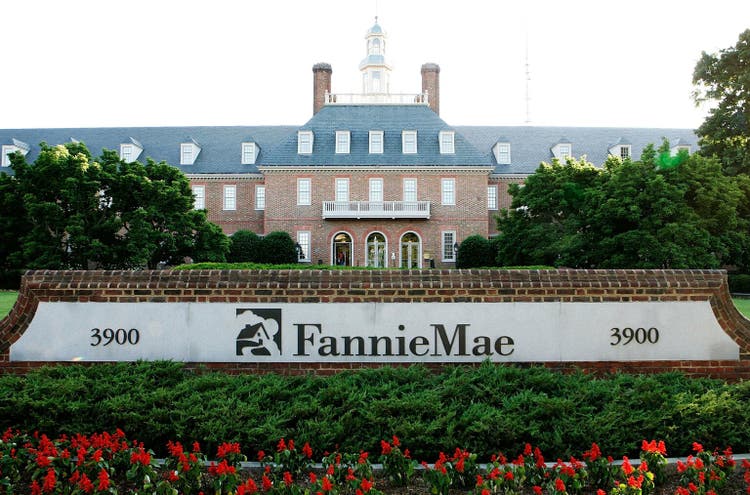
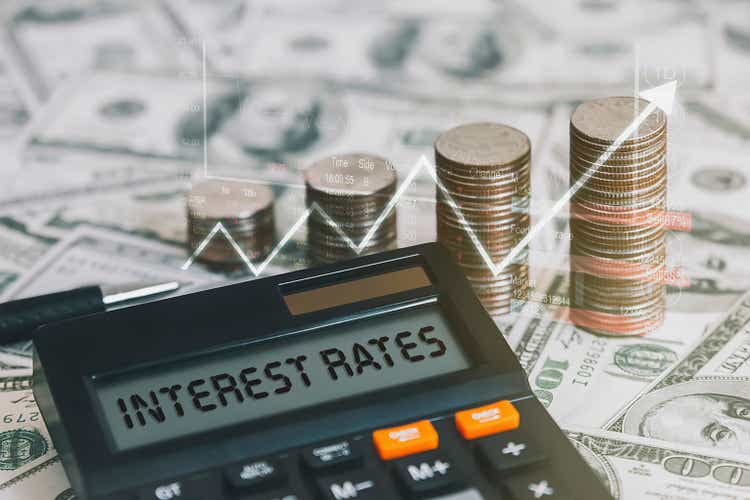

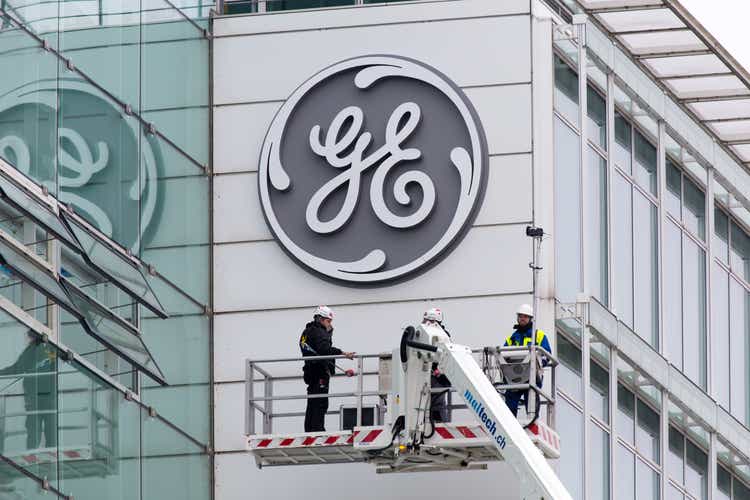










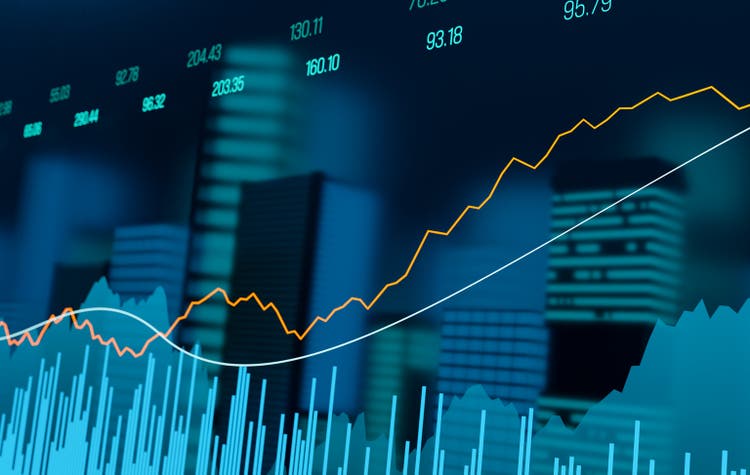


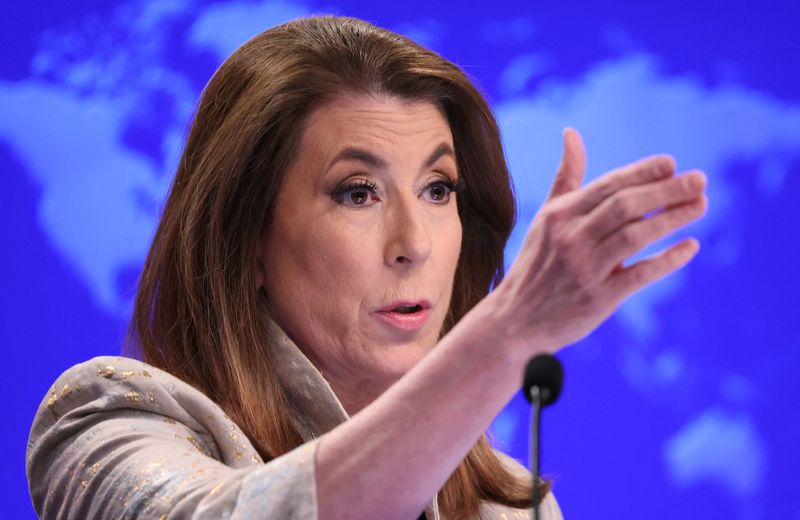


 English (US) ·
English (US) ·